Hui
Visit to download the full and correct content document: https://textbookfull.com/product/the-question-concerning-technology-in-china-an-essa y-in-cosmotechnics-yuk-hui/

More products digital (pdf, epub, mobi) instant download maybe you interests ...

Faith, Reason, and Culture: An Essay in Fundamental Theology George Karuvelil
https://textbookfull.com/product/faith-reason-and-culture-anessay-in-fundamental-theology-george-karuvelil/

Hume’s An Enquiry Concerning the Principles of Morals Esther Engels Kroeker
https://textbookfull.com/product/humes-an-enquiry-concerning-theprinciples-of-morals-esther-engels-kroeker/

Four Arts of Photography: An Essay in Philosophy 1st Edition Dominic Mciver Lopes
https://textbookfull.com/product/four-arts-of-photography-anessay-in-philosophy-1st-edition-dominic-mciver-lopes/

Making a Difference in Theory The theory question in education and the education question in theory 1st Edition Gert Biesta
https://textbookfull.com/product/making-a-difference-in-theorythe-theory-question-in-education-and-the-education-question-intheory-1st-edition-gert-biesta/
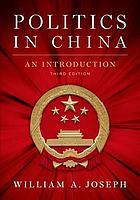
Politics in China: An Introduction Joseph
https://textbookfull.com/product/politics-in-china-anintroduction-joseph/
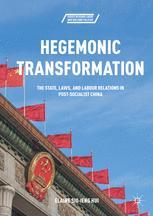
Hegemonic Transformation: The State, Laws, and Labour Relations in Post-Socialist China 1st Edition Elaine Sio-Ieng Hui (Auth.)
https://textbookfull.com/product/hegemonic-transformation-thestate-laws-and-labour-relations-in-post-socialist-china-1stedition-elaine-sio-ieng-hui-auth/

An Essay on the Principle of Sustainable Population
Toshihiko
Hara
https://textbookfull.com/product/an-essay-on-the-principle-ofsustainable-population-toshihiko-hara/

Hume's presence in the dialogues concerning natural religion 1st Edition Robert J. Fogelin
https://textbookfull.com/product/humes-presence-in-the-dialoguesconcerning-natural-religion-1st-edition-robert-j-fogelin/
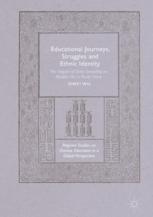
Educational Journeys, Struggles and Ethnic Identity: The Impact of State Schooling on Muslim Hui in Rural China 1st Edition Xinyi Wu (Auth.)
https://textbookfull.com/product/educational-journeys-strugglesand-ethnic-identity-the-impact-of-state-schooling-on-muslim-huiin-rural-china-1st-edition-xinyi-wu-auth/



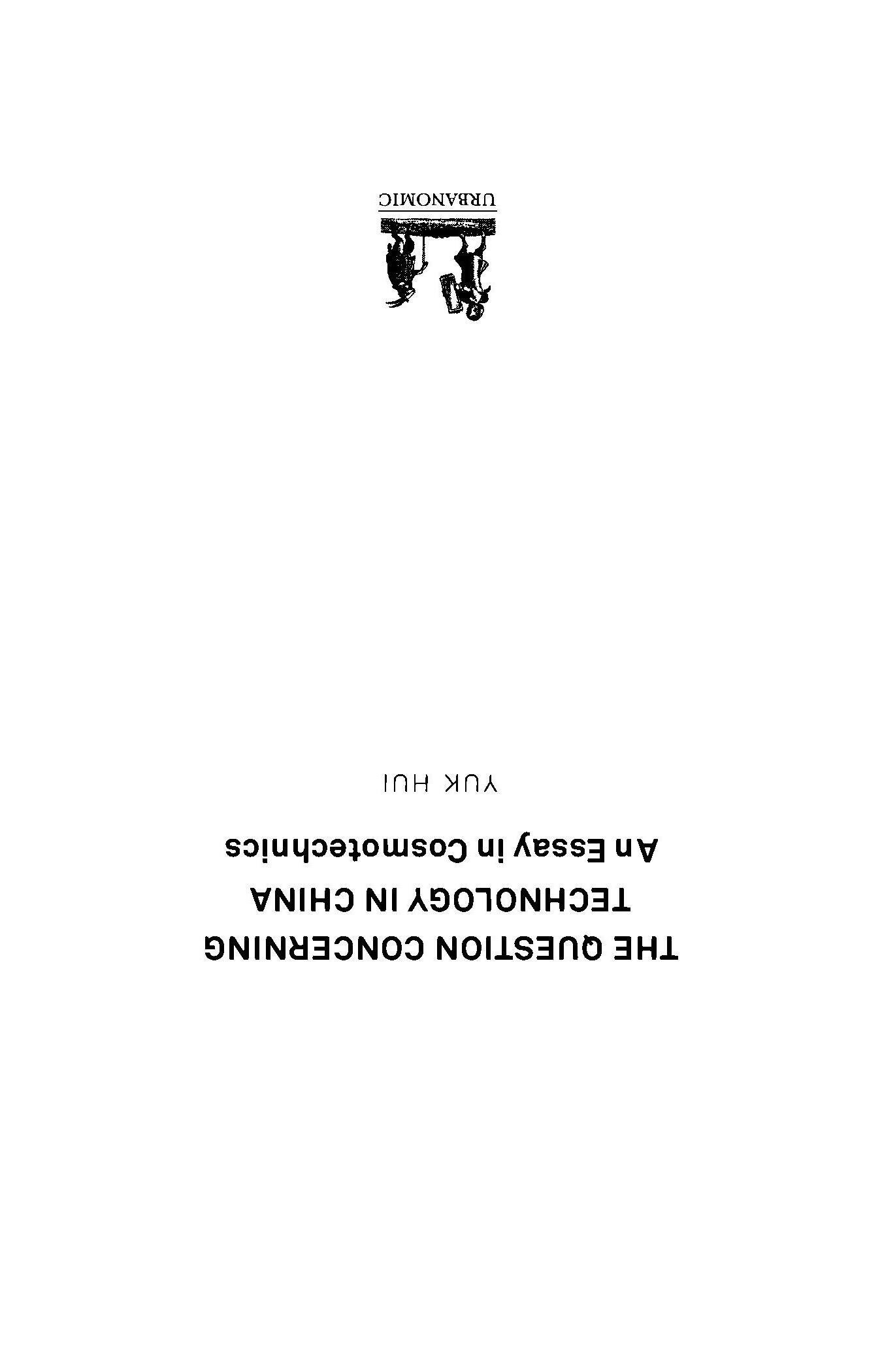




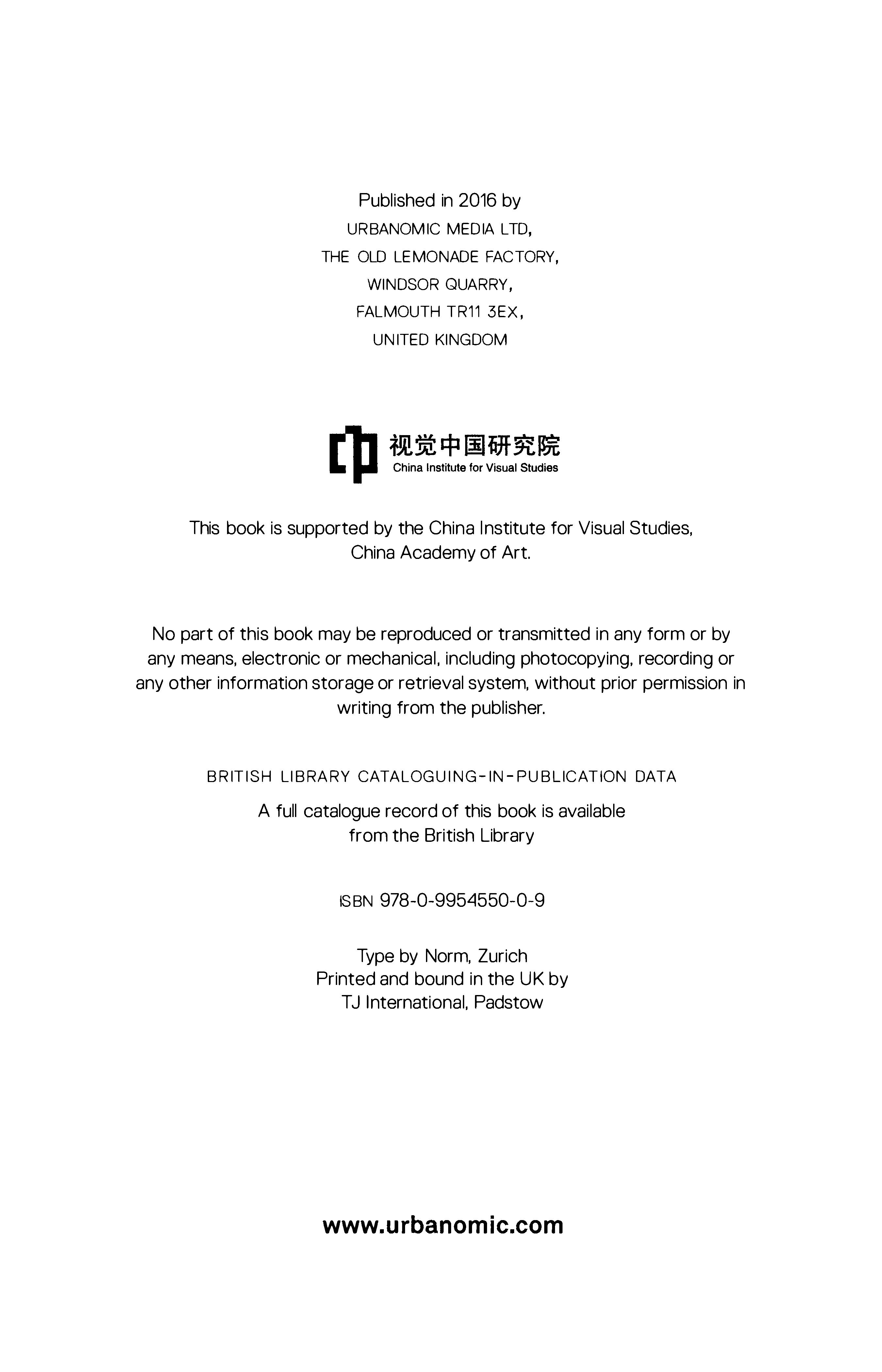
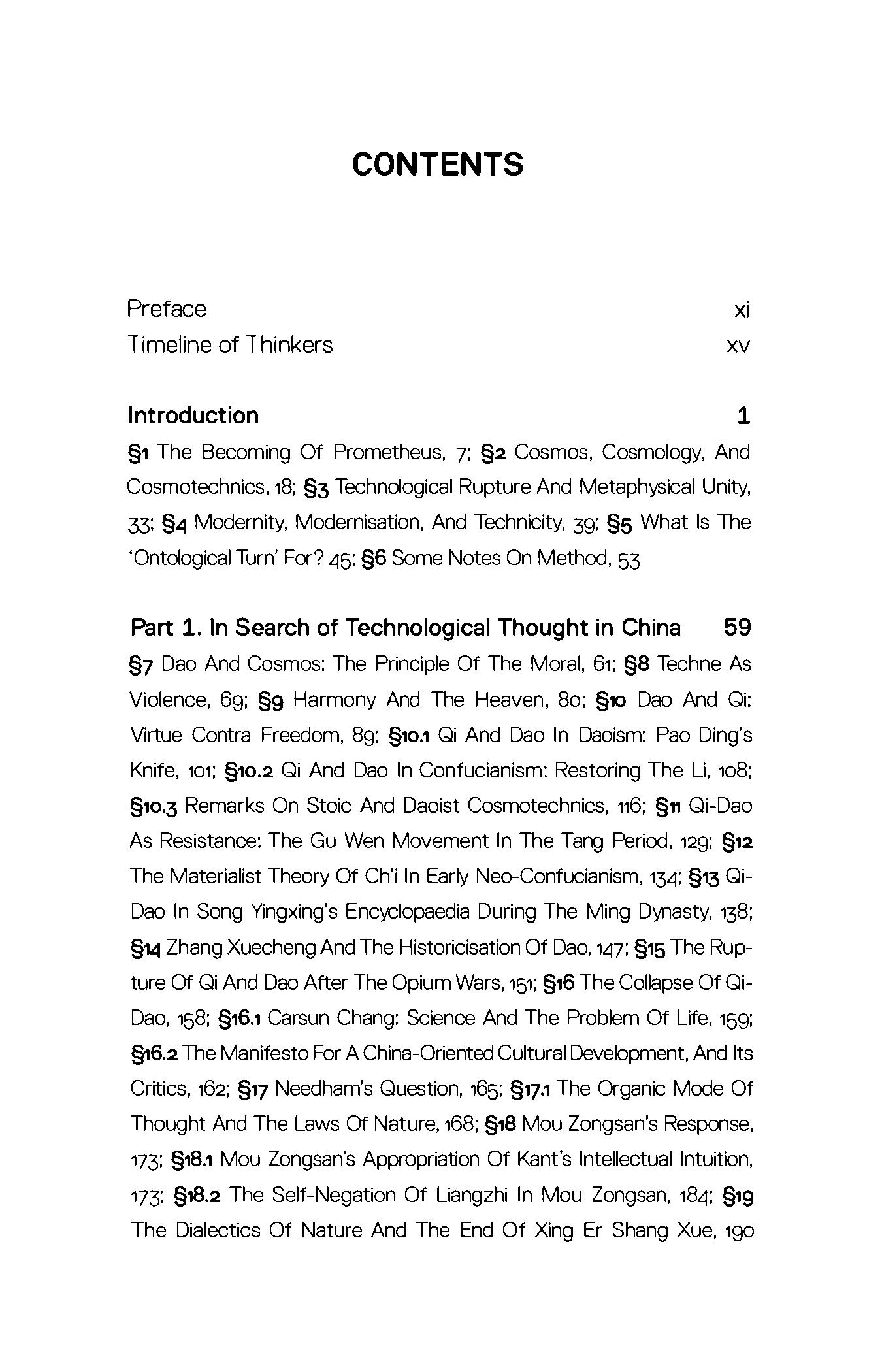
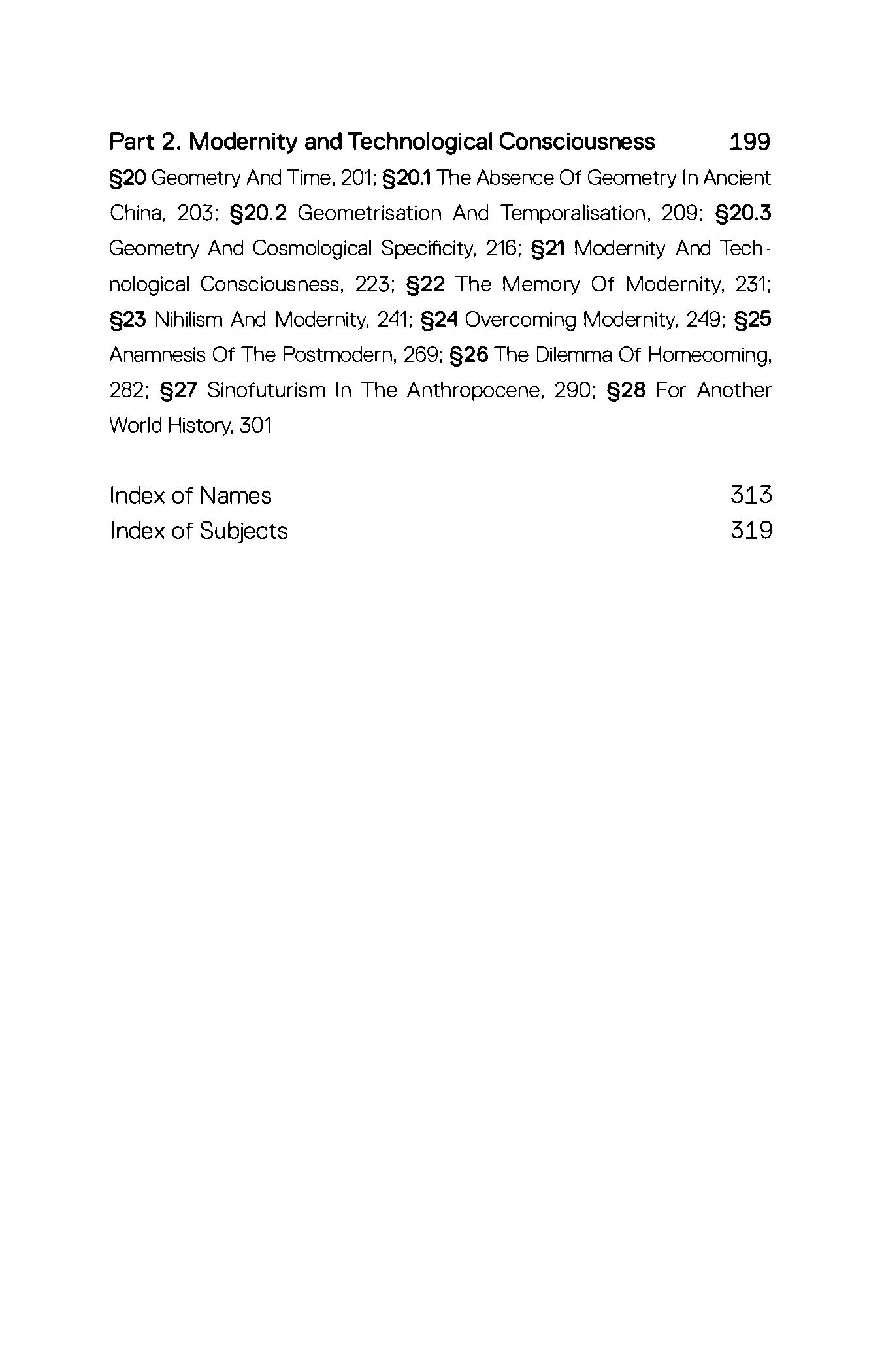


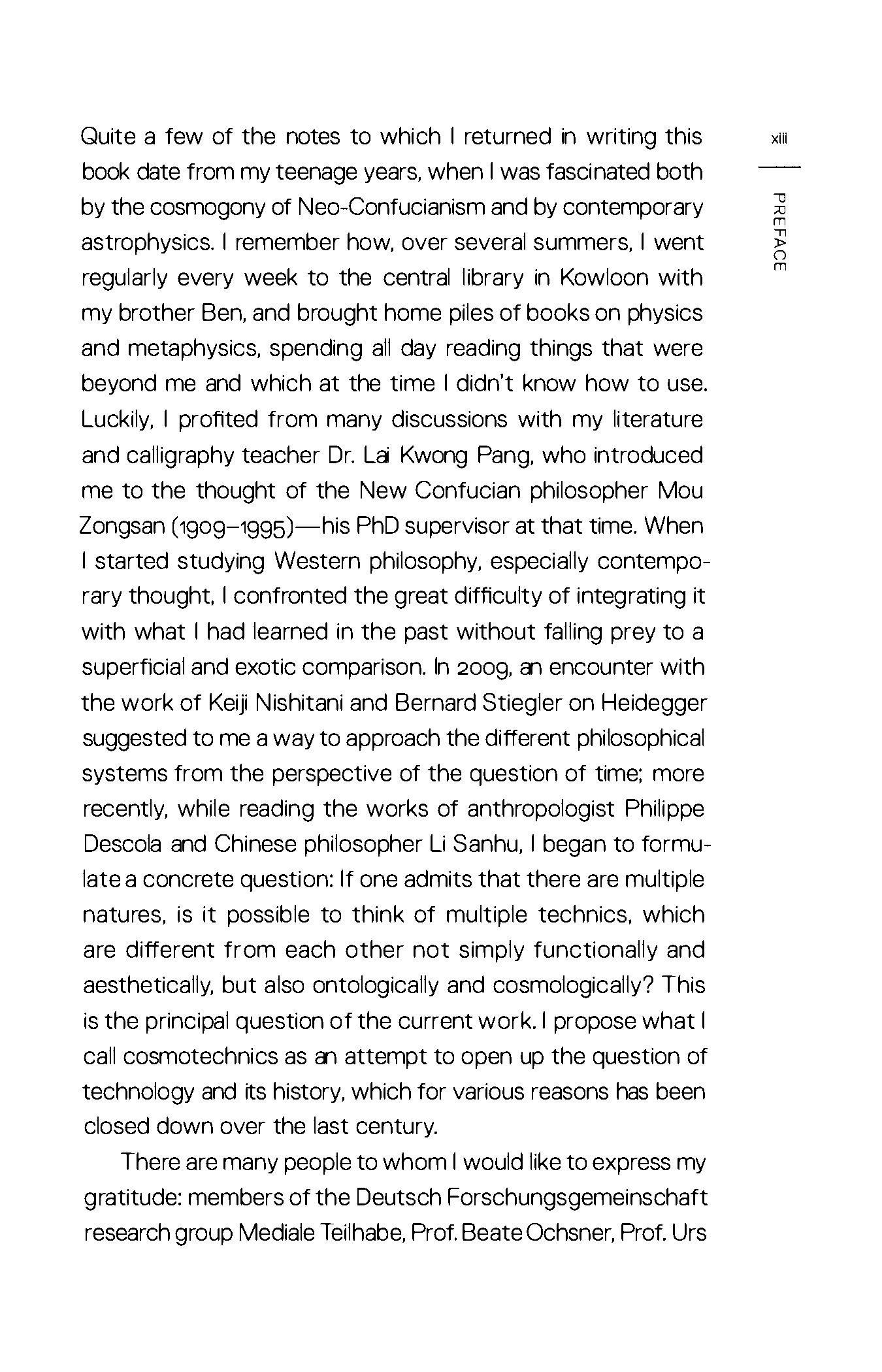

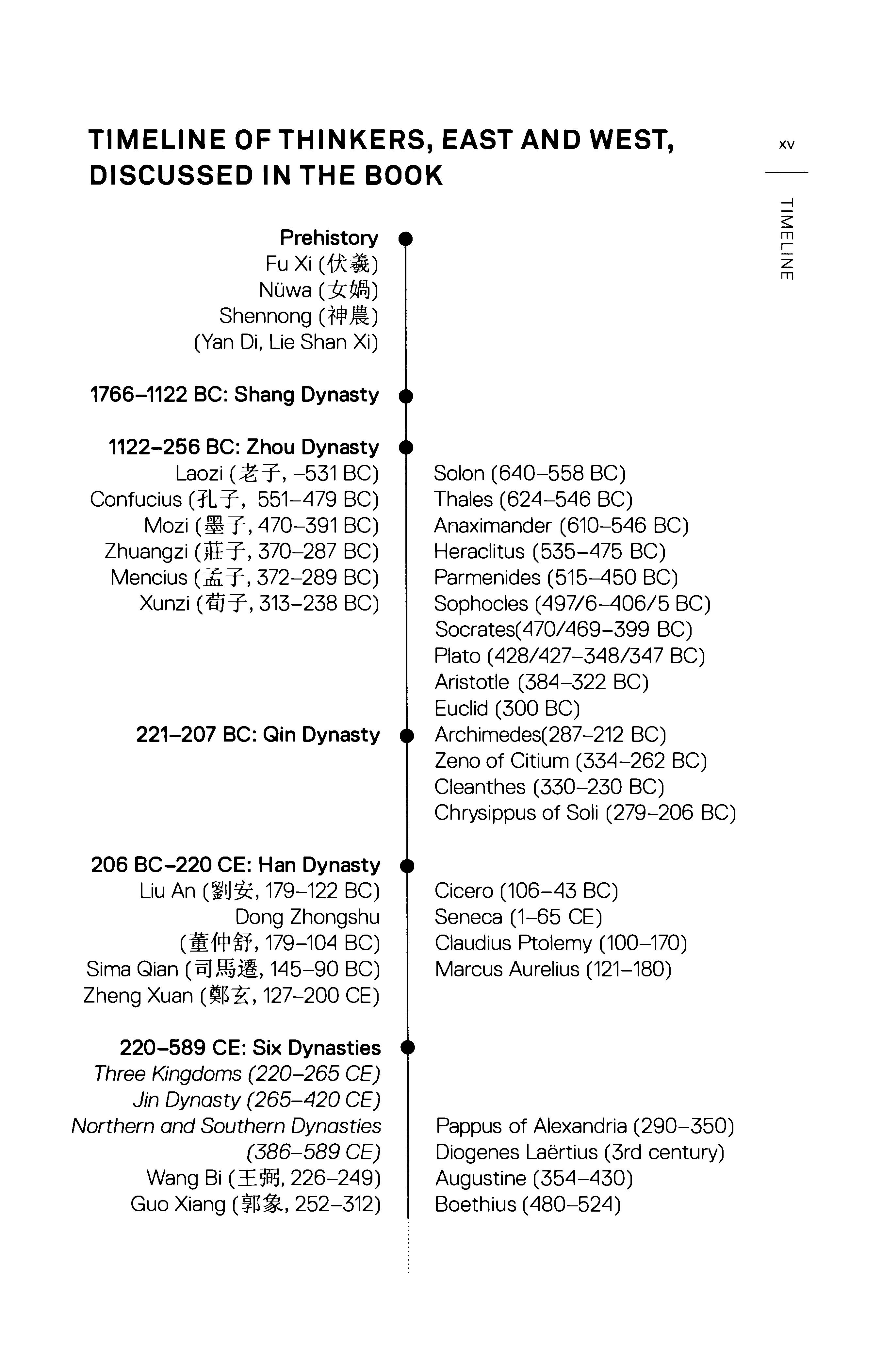
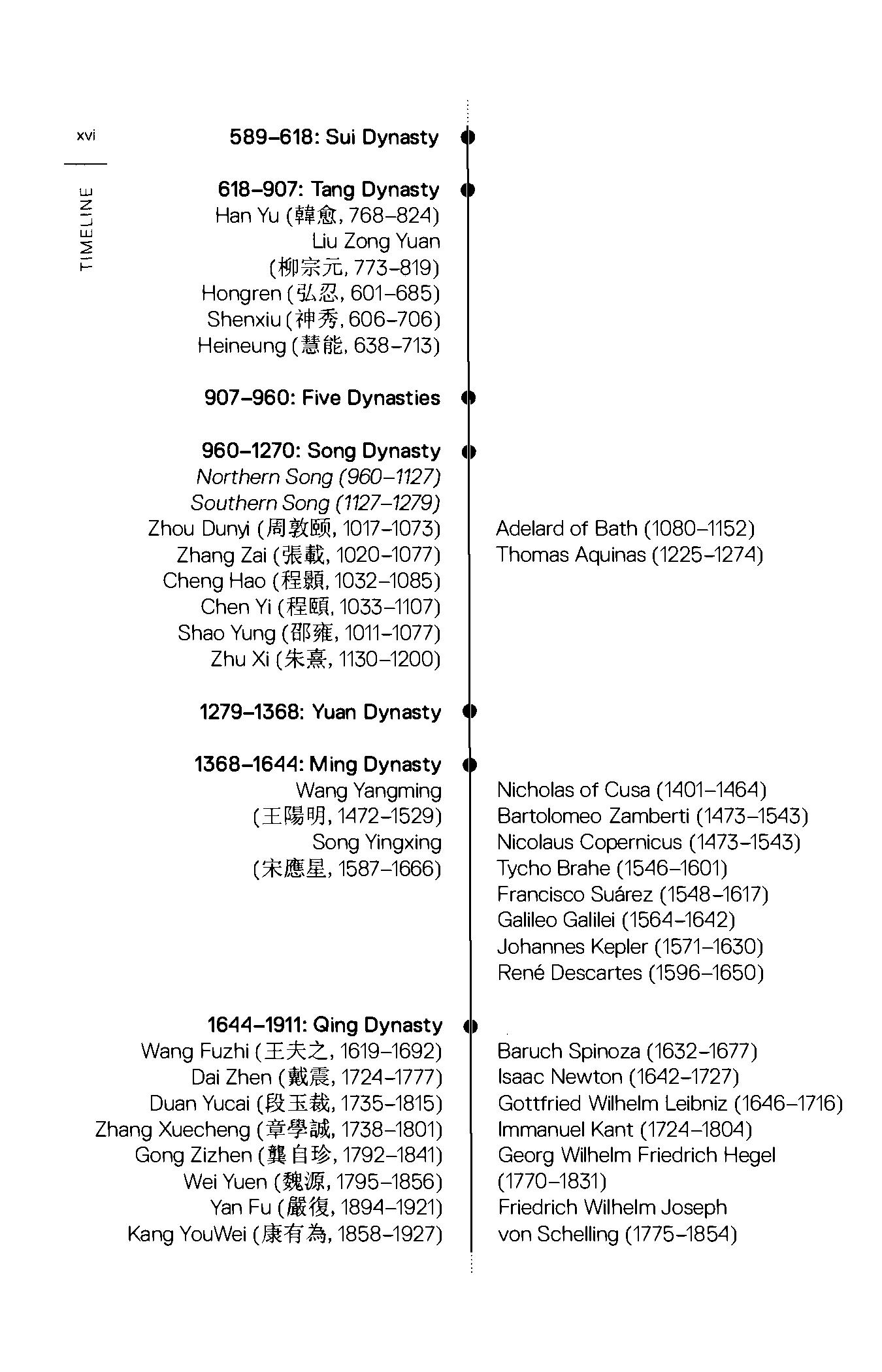
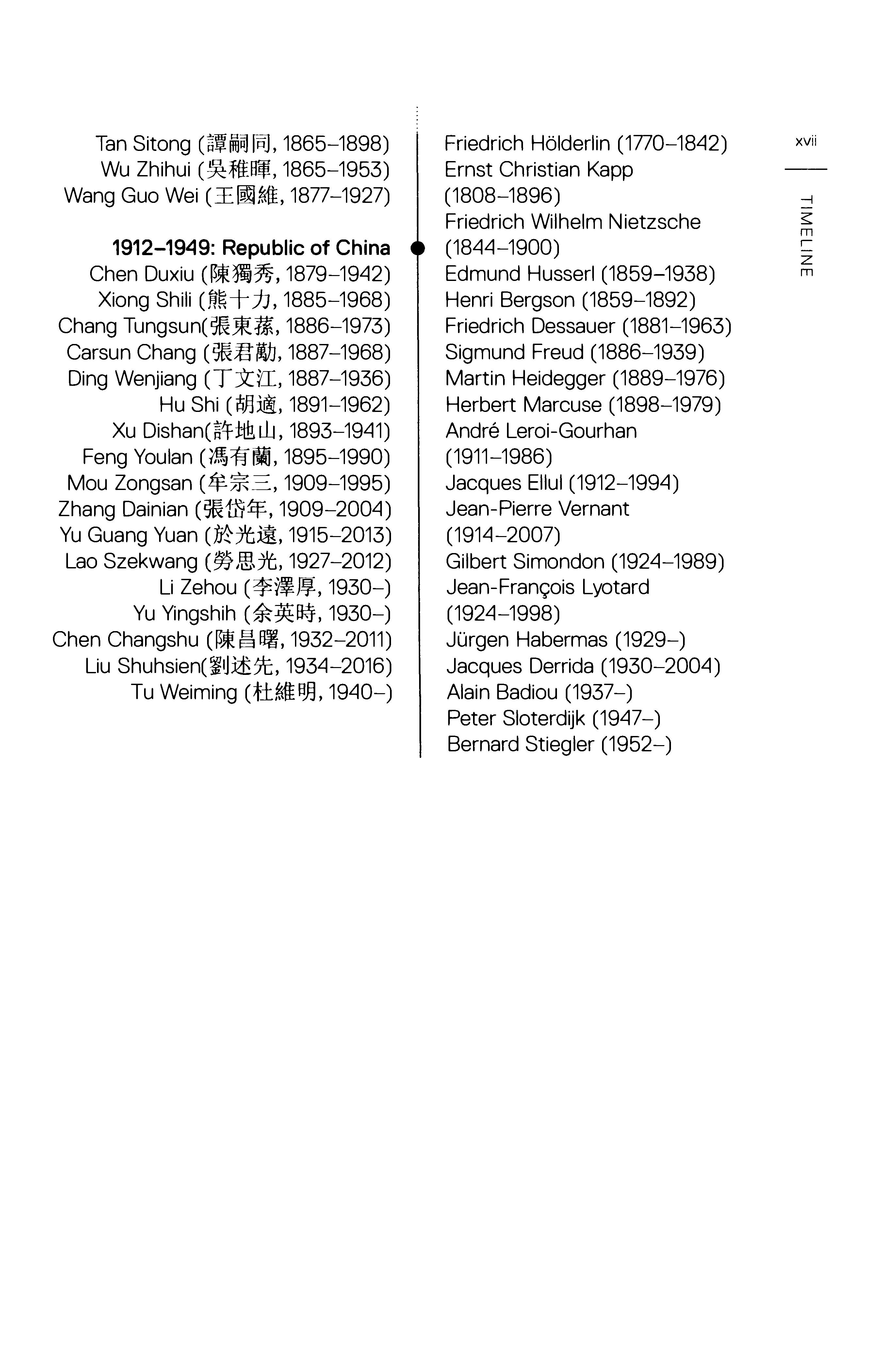



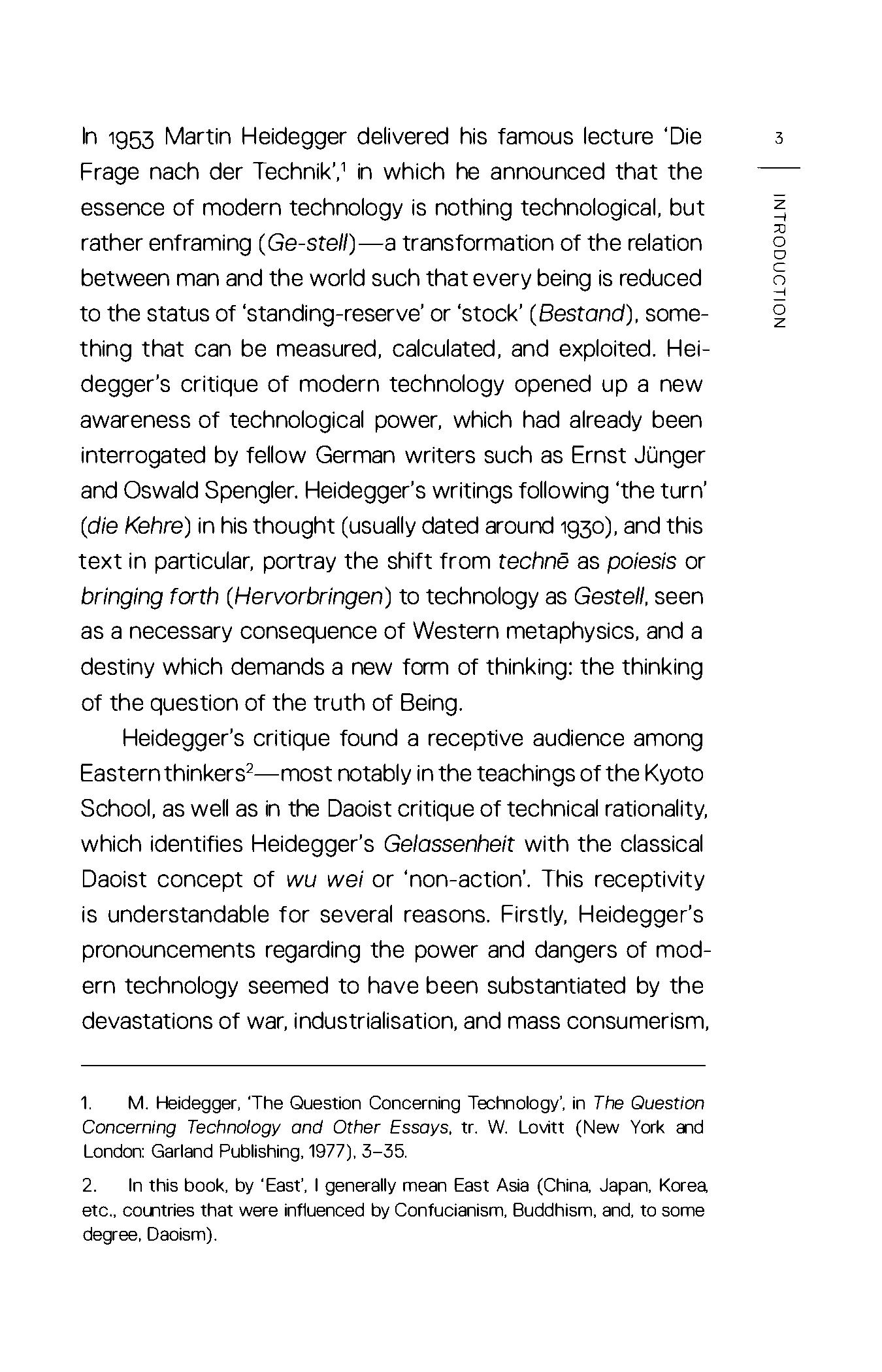
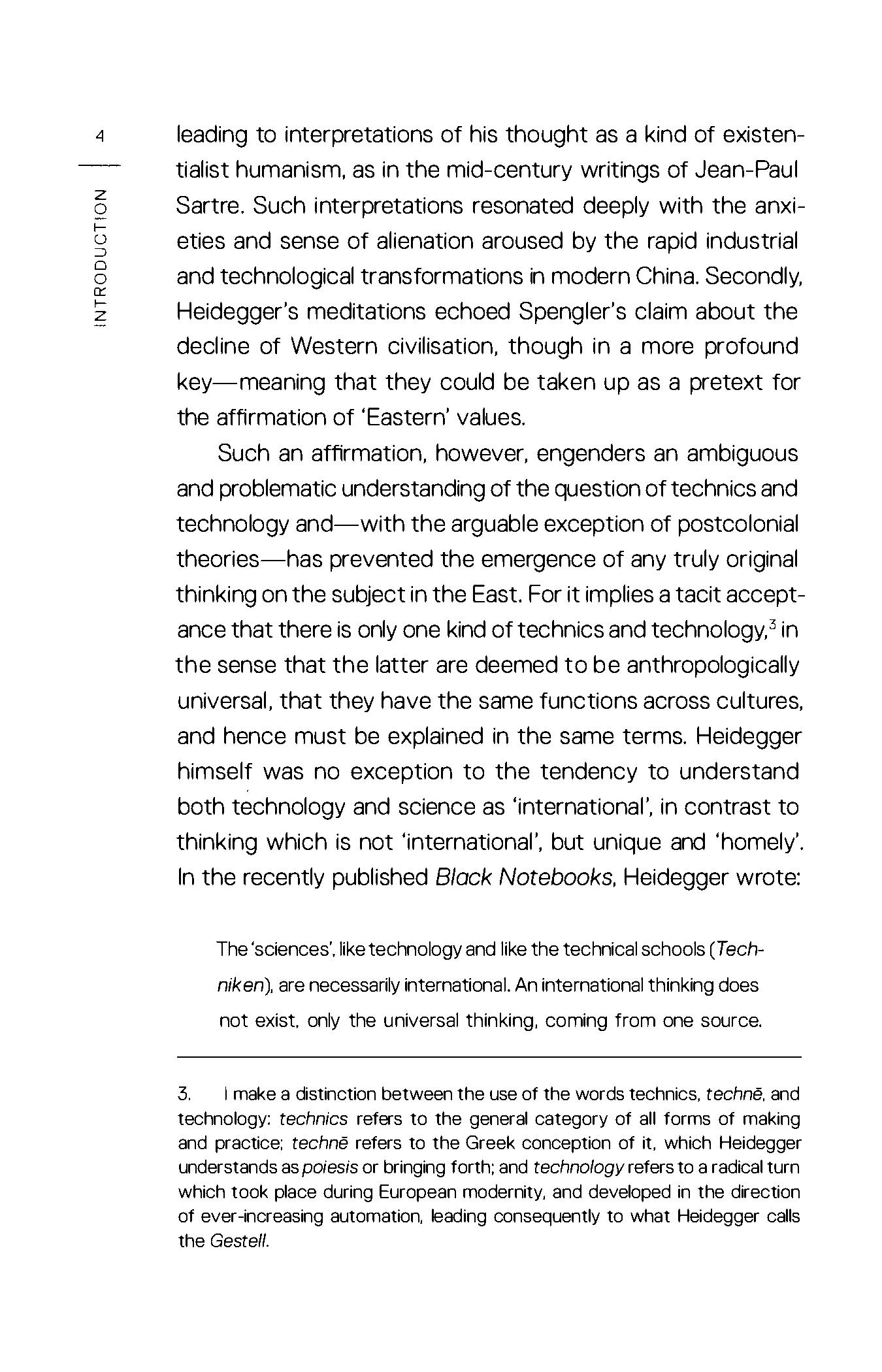
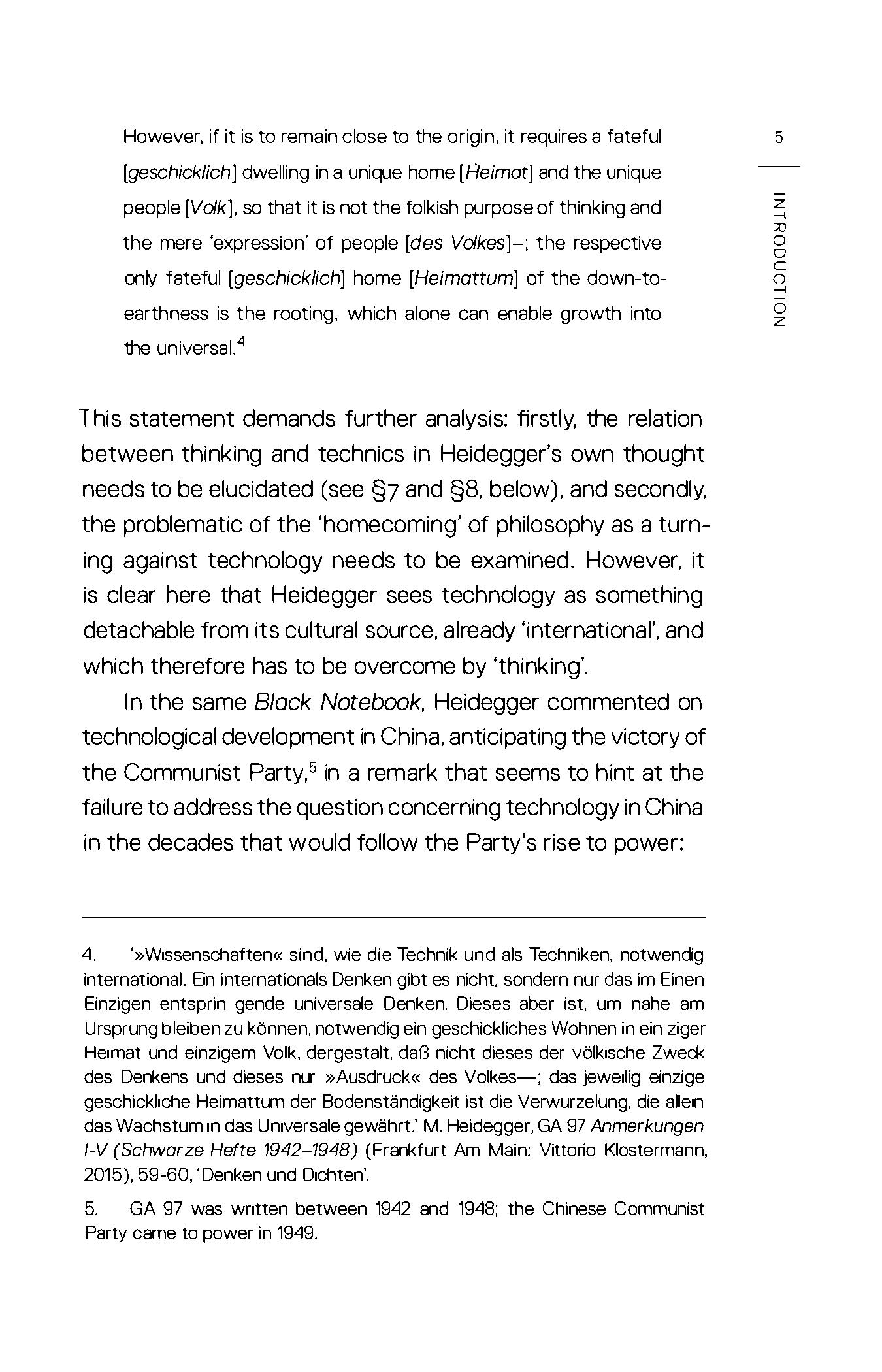
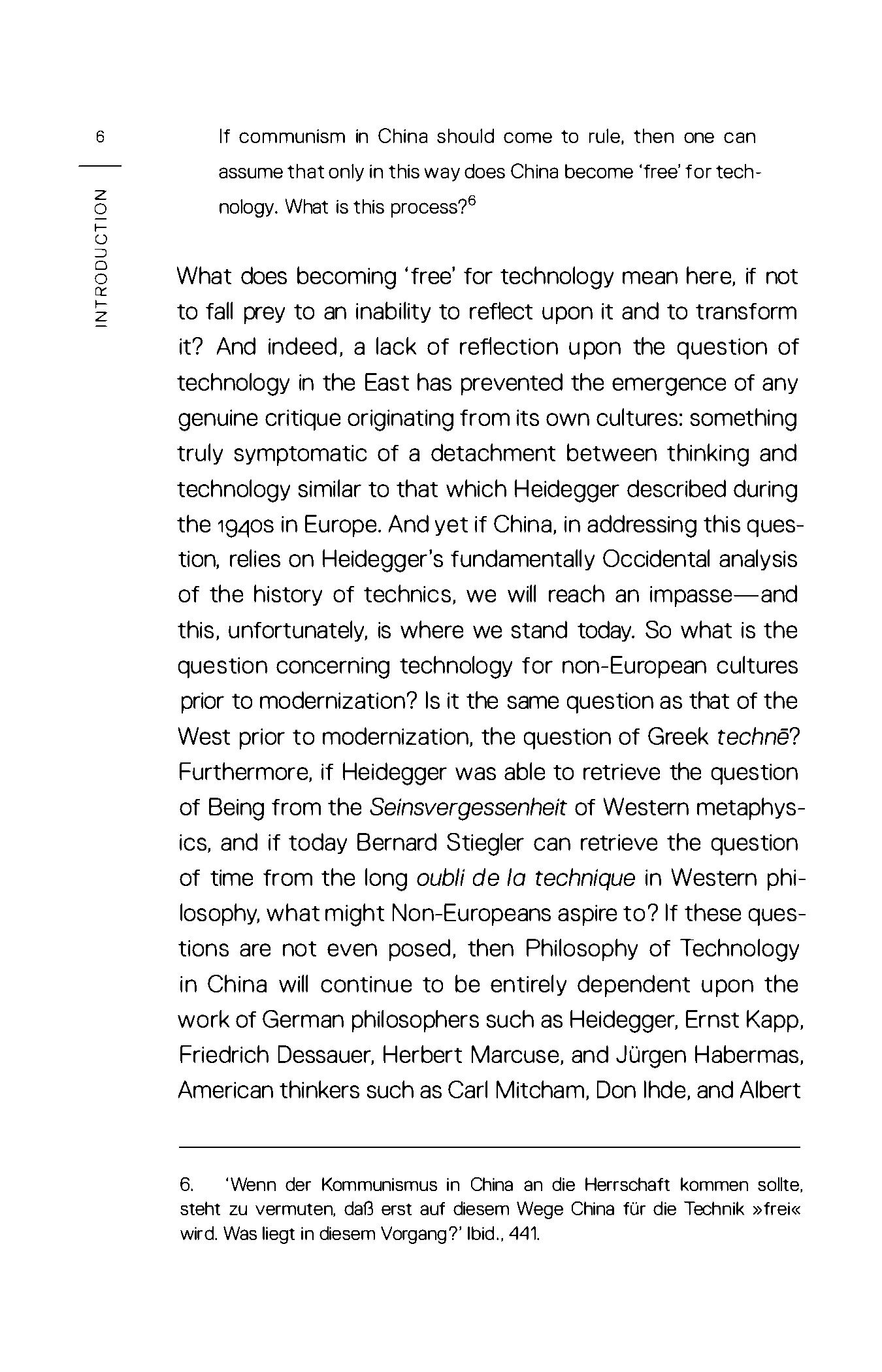

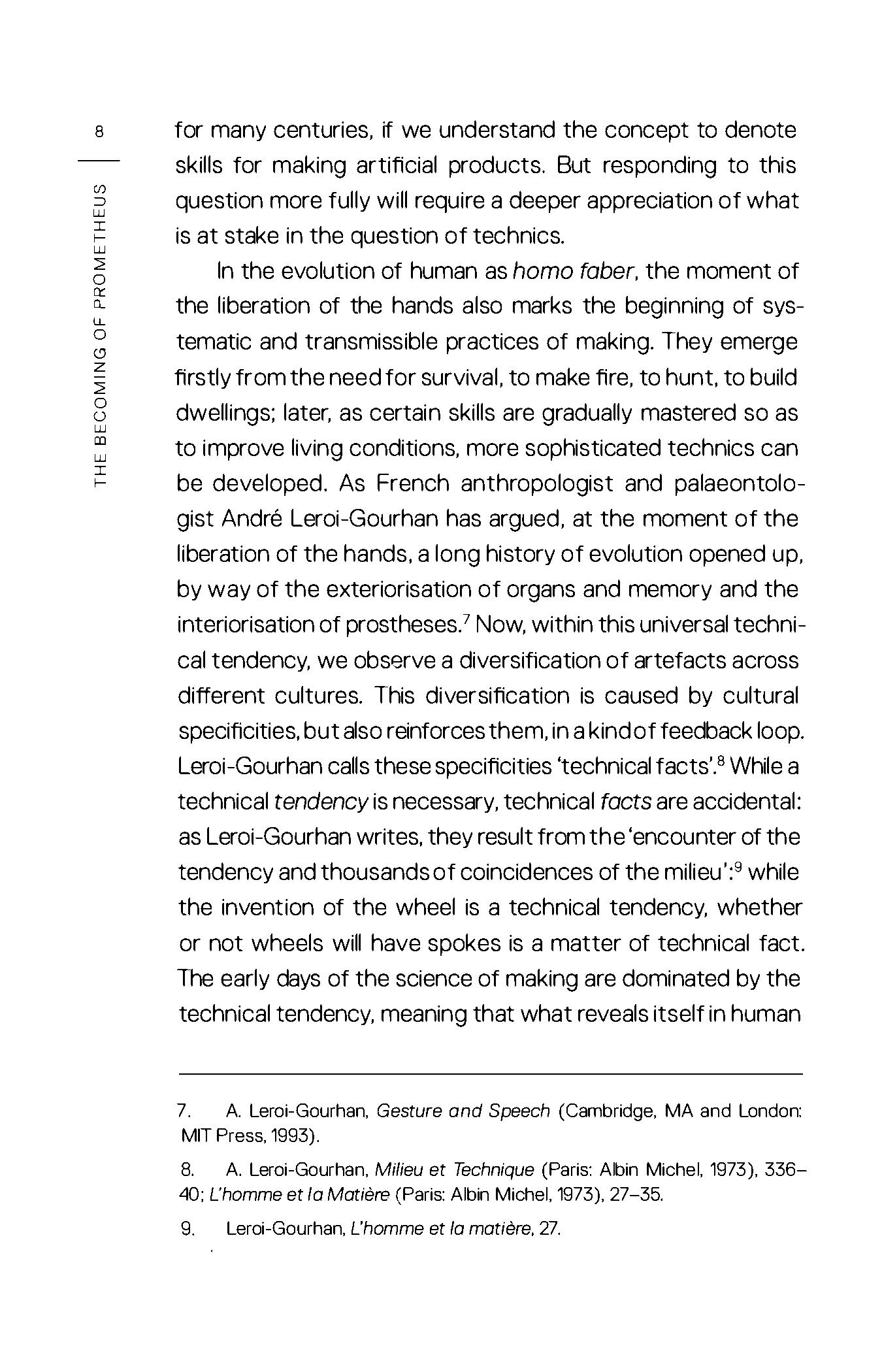
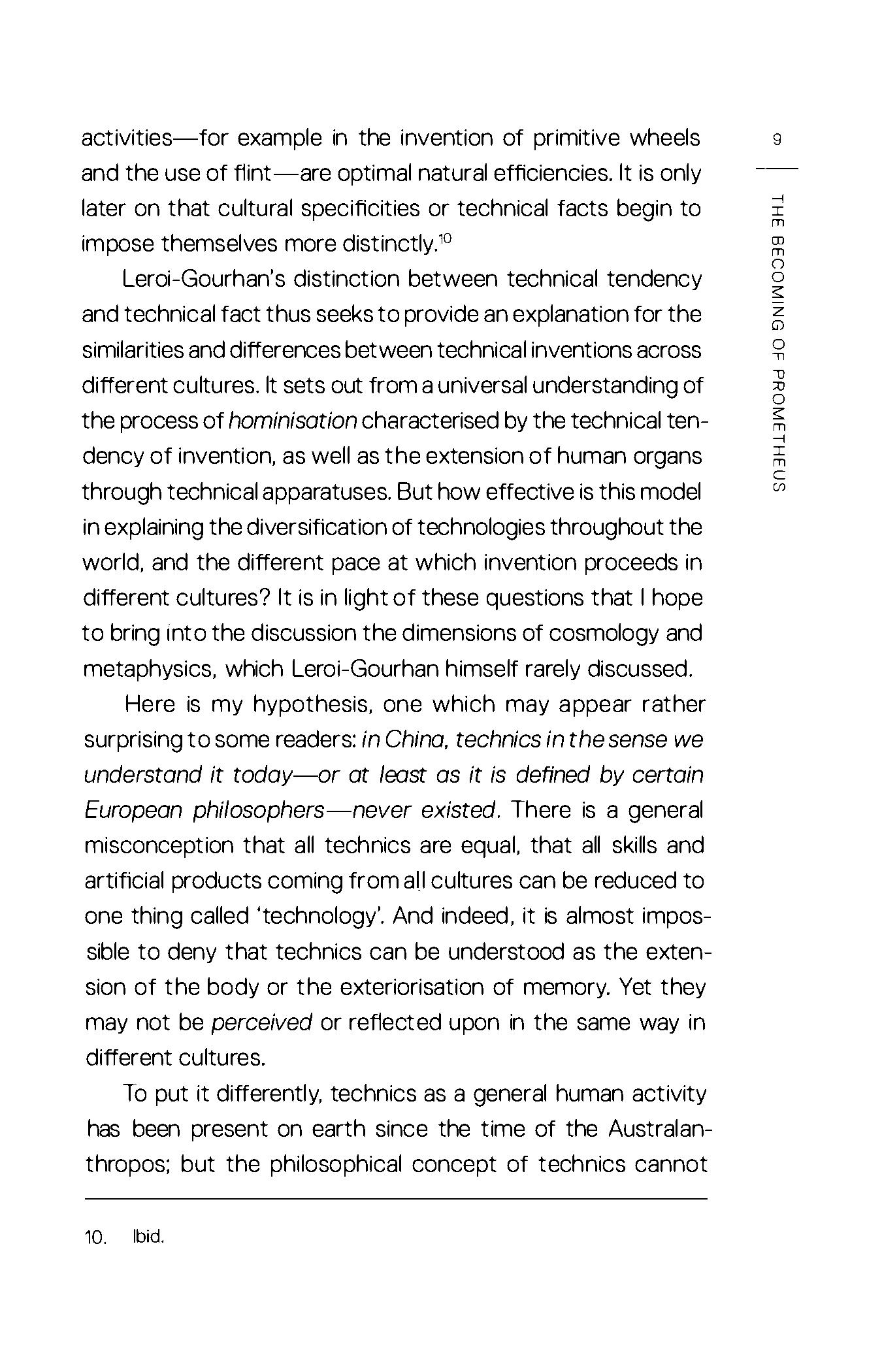
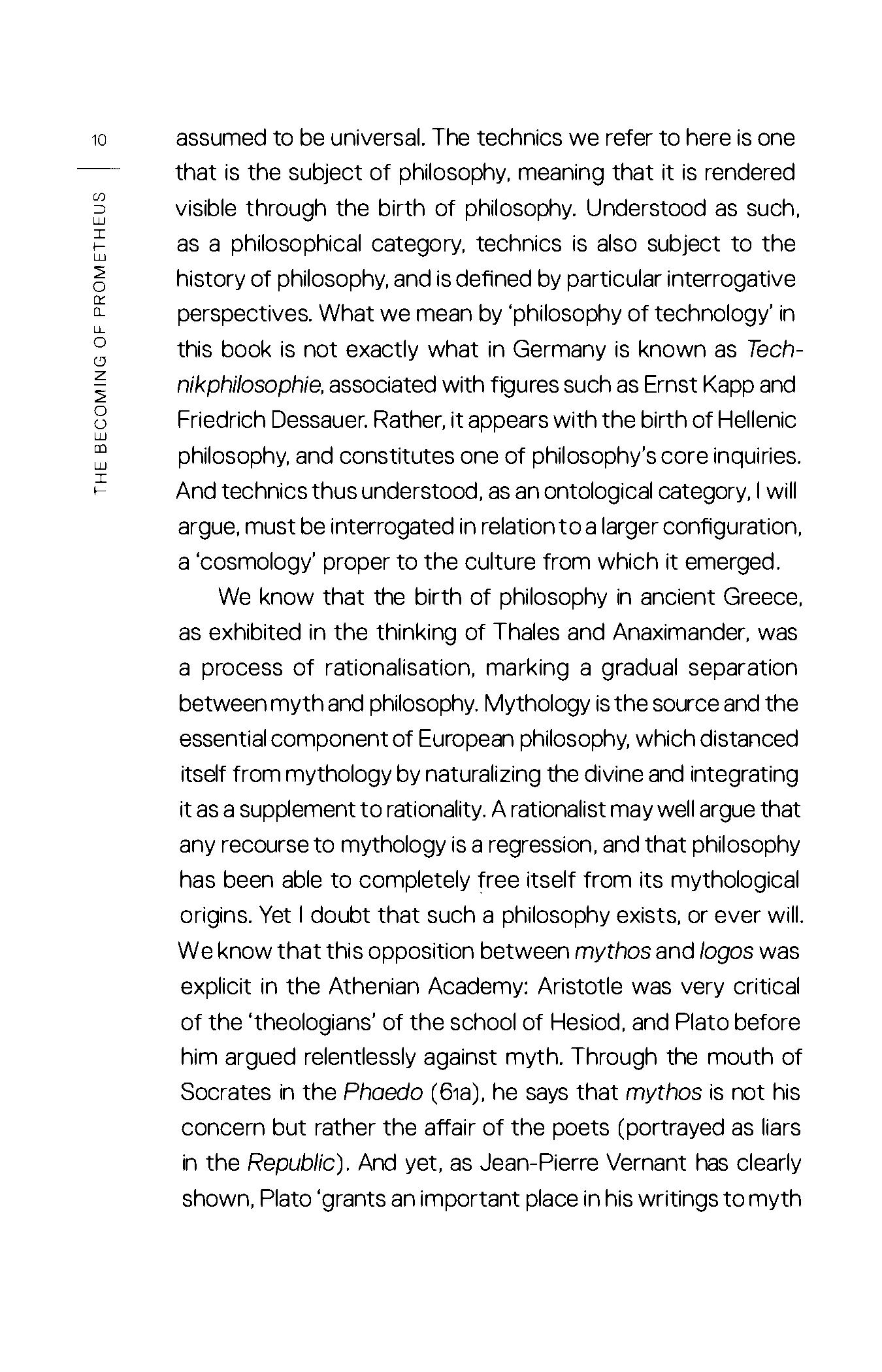
Another random document with no related content on Scribd:
toward relieving it from the suspicion that there are too many avaricious or ambitious intriguers of apparent influence in the government I suppose the President and Gallatin (whom I know) to be wholly guided by what they think to be the public good; and should you happen to concur with them, it will abate much of the jealousy (though I hope it will never be smothered) with which Executive designs are viewed; and to moderate it, under the perilous situation of the country, is in my view desirable ”
The country reached a perilous pass when John Taylor of Caroline made plans to strengthen the Executive; but he could not have calculated on Monroe’s readiness to follow this course so far as it ended in leading him. Taylor’s advice threw Monroe into the full current of Executive influence. Alliance with Madison and Gallatin, rupture with France, antagonism to the Smiths and Clintons, jealousy of Armstrong, and defiance of Duane were sound policy, and united honesty with self-interest; but their success depended on elements that Taylor could not measure.
That Monroe shared these views, that they were in fact the common stock of his personal party, might be seen not only in his previous letters, but even more in his reply to Senator Brent,[289] written March 18.
“You intimate,” said Monroe to Brent, “that the situation of the country is such as to leave me no alternative I am aware that our public affairs are far from being in a tranquil and secure state I may add that there is much reason to fear that a crisis is approaching of a very dangerous tendency, one which menaces the overthrow of the whole Republican party Is the Administration impressed with this sentiment, and prepared to act on it? Are things in such a state as to allow the Administration to take the whole subject into consideration, and to provide for the safety of the country and of free government by such measures as circumstances may require, and a comprehensive view of them suggest? Or are we pledged by what is already done to remain spectators of the interior movement, in the expectation of some change abroad as the ground on which we are to act? I have no doubt, from my knowledge of the President and Mr. Gallatin, with the former of whom I have been long and intimately connected in friendship, and for both of whom, in great and leading points of character, I have the highest consideration and respect, that if I came into the Government the utmost cordiality would subsist
between us, and that any opinions which I might entertain and express respecting our public affairs would receive, so far as circumstances would permit, all the attention to which they might be entitled; but if our course is fixed, and the destiny of our country dependent on arrangements already made, I do not perceive how it would be possible for me to render any service at this time in the general government ”
If the President’s proclamation of Nov. 2, 1810, and the Act of Congress passed March 2, 1811, three weeks before Monroe wrote this letter, had not fixed the course and destiny of the country, instructions to Pinkney and Jonathan Russell—on which those two agents had already acted, and which would be the first papers to be read by Monroe as Secretary of State—seemed certainly to fix beyond recall the course about which Monroe inquired. Even a man more liberal than Madison in professions might have hesitated to say that the future secretary was free to break with France, or to enter on other arrangements with England than those already imposed. Monroe’s letter implied disapproval of the course hitherto taken, and a wish, if possible, to change it. Madison was well acquainted not only with Monroe’s opinions on foreign affairs, but also with those of Monroe’s friends, who held that the course taken by the President ought to be reversed; and with this knowledge of all the circumstances Madison replied[290] to Monroe’s inquiry:—
“With the mutual knowledge of our respective views of the foreign as well as domestic interests of our country, I see no serious obstacle on either side to an association of our labors in promoting them In the general policy of avoiding war by a strict and fair neutrality toward the belligerents, and of settling amicably our differences with both,—or with either, as leading to a settlement with the other,—or, that failing, as putting us on better ground against him, there is and has been an entire concurrence among the most enlightened who have shared in the public councils since the year 1800.... In favor of a cordial accommodation with Great Britain there has certainly never ceased to be a prevailing disposition in the Executive councils since I became connected with them. In the terms of accommodation with that as with other Powers, differences of opinion must be looked for, even among those most agreed on the same general views. These differences, however, lie fairly within the compass of free consultation and mutual concession as subordinate to the unity belonging to the Executive
department. I will add that I perceive not any commitments, even in the case of the abortive adjustment with that Power, that could necessarily embarrass deliberations on a renewal of negotiations ”
From these letters, the attitude of Monroe in entering Madison’s Cabinet may be understood. Committed to the doctrine that Madison had leaned toward France, and that this bias should be corrected, Monroe and his personal party looked on Madison’s offer of the State Department as the pledge of a change in policy which should have a rupture with France for its immediate object, and the Presidency for its ultimate reward. Madison, on his side, understanding this scheme saw no objection to it, and was unconscious of having committed the government to any position that could necessarily embarrass Monroe. Monroe’s acceptance of this situation was as natural as his refusal would have been surprising, for no man who wanted office, and who saw the Presidency in his grasp, could be required to show rigorous consistency. Madison’s attitude was somewhat different; and his assurance, in March, 1811, that he saw no commitment which could necessarily embarrass Monroe in renewing negotiations with England, showed not only that Madison, notwithstanding Robert Smith’s assertions to Turreau, still counted on no war with England, but felt no suspicion that his measures within little more than a twelvemonth would lead him to a recommendation of war. The policy of commercial restrictions still satisfied his mind.
Madison was not alone in this ignorance. Monroe himself, still less conscious than Madison of a war spirit, expected to reach the Presidency by conciliating England. Even Robert Smith, to the surprise of the world, posed as the victim of his hostility to France, and hoped to become the centre of a combination of Smiths, Clintons, Federalists, and Duane Pennsylvanians, who charged that Madison was less friendly to England than he might have been. The President suffered much annoyance from the Smiths because he could not disprove their assertions or demonstrate his good-will for Great Britain.
As soon as Madison learned through Senator Brent that Monroe made no serious difficulty in accepting the State Department, he sent
for Robert Smith. A faithful account of the conversations that followed would add vivacity to the story, for Madison seemed at times to enjoy commenting not only on the acts of his opponents, but also on their motives; while Robert Smith, being easily disconcerted and slow in defence or attack, offered a tempting mark for arrows of temper. The first interview took place March 23,[291] and Madison made a long memorandum of what passed.
“I proceeded to state to him,” recorded Madison,[292] “that it had long been felt and had at length become notorious that the administration of the Executive department labored under a want of the harmony and unity which were equally necessary to its energy and its success; that I did not refer to the evil as infecting our Cabinet consultations, where there had always been an apparent cordiality and even a sufficient concurrence of opinion, but as showing itself in language and conduct out of doors, counteracting what had been understood within to be the course of the Administration and the interest of the public; that truth obliged me to add that this practice, as brought to my view, was exclusively chargeable on him; and that he had not only counteracted what had been the result of consultations apparently approved by himself, but had included myself in representations calculated to diminish confidence in the administration committed to me ”
Robert Smith protested, in his somewhat incoherent way, against the truth of this charge; and the President, roused by resistance, spoke with more preciseness, instancing Smith’s conduct in regard to Macon’s bills in 1810, as evidence of the secretary’s bad faith.
“With respect to his motives for dissatisfaction, I acknowledged that I had been, for the reasons given by him, much puzzled to divine any natural ones, without looking deeper into human nature than I was willing to do; ... that whatever talents he might possess, he did not, as he must have found by experience, possess those adapted to his station; ... that the business of the Department had not been conducted in the systematic and punctual manner that was necessary, particularly in the foreign correspondence, and that I had become daily more dissatisfied with it.”
The man must have been easy-tempered who could listen to these comments on conduct, motives, and abilities without sign of offence; but Robert Smith showed no immediate resentment, for
when the President closed by offering to send him to St. Petersburg to succeed J. Q. Adams, who was to take Justice Cushing’s place on the Supreme Bench, Smith showed no unwillingness, although he avowed his preference for the other vacancy on the bench soon to be caused by Justice Chase’s death, or for the English mission left vacant by Pinkney’s return. Madison declined to encourage these ambitions, and Smith retired to consider the offer of St. Petersburg. For several days the President supposed the arrangement to be accepted; but meanwhile Robert Smith consulted his friends, who held other views on the subject of his dignity and deserts. When he next saw the President he declined the mission, declaring that acceptance would be only indirect removal from office, the result of “a most shameful intrigue.” After trying in vain the characteristic task of convincing him that he altogether exaggerated his own consequence, Madison accepted his resignation and left him to carry out his threat of appealing to the country. “He took his leave with a cold formality,” concluded Madison, “and I did not see him afterward.”
For ten years Robert Smith had been one of the most powerful influences in politics, trusted with the highest responsibilities and duties, seeming more than any other single Cabinet officer to affect the course of public affairs; when at a breath from the President his official life was snuffed out, his reputation for ability vanished, and the Republican party, which had so long flattered him, suddenly learned to belittle his name. Under the shadow of monarchical or absolute governments such tales of artificial greatness were common, and their moral was worn thin by ages of repetition; but in the democratic United States, and from the bosom of Jefferson’s political family, this experience of Robert Smith was a singular symptom.
Never again did this genial gentleman sun himself in the rays of Executive power, or recover the smallest share of influence. He returned to Baltimore, where he lived thirty years longer without distinguishing himself; but about three months after his retirement from office, in the month of June, 1811, he published an Address to the People, charging President Madison with offences more or less
grave, and surprising every one by representing himself as having persistently but vainly opposed Madison’s fixed purpose of making a virtual alliance with France. The evidence of the late Secretary of State, who might reasonably be thought the best informed and most competent judge, confirmed the Federalist and British theory that Madison was under secret pledges to Napoleon. So gravely did it compromise Madison that he caused Joel Barlow to write a semiofficial reply in the “National Intelligencer;” and although Barlow wrote in a bad temper, Madison himself wrote privately in a worse.
“You will have noticed in the ‘National Intelligencer,’” he told Jefferson July 8,[293] “that the wicked publication of Mr. Smith is not to escape with impunity. It is impossible, however, that the whole turpitude of his conduct can be understood without disclosures to be made by myself alone, and of course, as he knows, not to be made at all. Without these his infamy is daily fastening upon him, leaving no other consolation than the malignant hope of revenging his own ingratitude and guilt on others ”
Robert Smith hardly deserved such invective. If the taunts of Madison, Barlow, and the Republican press and party at his incompetence were well-founded, the party had only itself to blame for putting such a man in so high a position. If triumphant in nothing else, Smith overthrew both Madison and Barlow by the retort with which he met their sneers, and retaliated the charge of incompetence.
“This advocate,” replied Smith (in the “Baltimore American”) to Barlow (in the Washington “Intelligencer”), “would have us believe that many persons both in and out of Congress thought that Mr. Smith from want of talents and integrity was quite unfit for the Department of State, and that his appointment was the effect of an intrigue. Were there any truth in this remark, it could not fail to convince every person of the utter unfitness of Mr Madison himself for his office It in plain English says that from the officious persuasion of a few intriguers he had appointed to the most important and the highest station in the government a person without talents and without integrity; and this person not a stranger, respecting whom he might have been misled, but one who had been his colleague in office during the long term of eight years, and of whose fitness he of course had better means of judging than any other person or persons whatever; nay, more, to this same person, without talents or integrity, was offered by Mr.
Madison not only the mission to Russia, but the important office of the Treasury Department.”
CHAPTER XVIII.
A���� 1, 1811, Monroe took charge of the State Department. The first person to claim his attention was the French Emperor, and Monroe had reasons for knowing that diplomatists of reputed sagacity found use for uninterrupted attention when they undertook to deal with Napoleon.
Monroe stood in a situation of extreme difficulty, hampered not only by the pledges of his own government, but still more by the difficulty of dealing at all with the government of France. When Armstrong quitted Paris in September, 1810, being obliged to fix upon some American competent to take charge of the legation at Paris, he chose Jonathan Russell. The selection was the best he could make. Jonathan Russell possessed advantages over ordinary ministers coming directly from America. A native of Rhode Island, educated at Brown University, after leaving college he followed the business of a merchant, and in November, 1809, sailed from Boston in a ship of his own, which arrived at Tönning in Denmark only to be at once sequestered under Napoleon’s Decrees. He passed several months in efforts to recover the property, and acquired experience in the process. About forty years old, and more or less acquainted with the people, politics, and languages of Europe, he was better fitted than any secretary of legation then abroad for the burden that Armstrong had found intolerable; yet the oldest and ablest diplomatist America ever sent to Europe might have despaired of effecting any good result with such means as were at the disposal of this temporary agent, who had not even the support of a direct commission from the President.
Russell felt the embarrassment of the position he was called to fill. Armstrong departed September 12, bearing Cadore’s promise that the decrees should cease to operate November 1, and saying as little as possible of a condition precedent. The 1st of November came, and Russell asked the Duc de Cadore whether the revocation had taken place; but a month passed without his receiving an
answer December 4, 1810, Russell wrote to the Secretary of State, [294]—
“No one here except the Emperor knows if the Berlin and Milan Decrees be absolutely revoked or not; and no one dares inquire of him concerning them The general opinion of those with whom I have conversed on the subject is that they are revoked There are indeed among those who entertain this opinion several counsellors of State; but this is of little importance, as the construction which the Emperor may choose to adopt will alone prevail.”
At about the same time Russell wrote to Pinkney at London a letter[295] expressing the opinion that, as the decrees had not been executed for one entire month against any vessel arriving in France, this fact created a presumption that the decrees were repealed. He could not be blamed for an opinion so cautious, yet he was mistaken in committing himself even to that extent, for he learned a few days afterward that two American vessels had been seized at Bordeaux, and he found himself obliged to write the Duc de Cadore a strong remonstrance on the ground that as this was the first case that had occurred since November 1 to which the decrees could have applied, the seizures created a presumption that the decrees were not repealed.[296] Russell’s instructions from America, including the President’s proclamation of November 2, arrived three days later, December 13, requiring him to assume the revocation of the decrees; but only two days after receiving them, he read in the “Moniteur” of December 15 Cadore’s official report to the Emperor declaring that the decrees would never be revoked as long as England maintained her blockades; and again, December 17, he found in the same newspaper the Count de Semonville’s official address before the Senate, declaring that the Decrees of Berlin and Milan should be the “palladium of the seas.”
Yet Russell’s position was not quite so desperate as it seemed. Certainly the decrees were not revoked; but he had a fair hope of obtaining some formal act warranting him in claiming their revocation. Although Napoleon’s motives often seemed mysterious except to men familiar with his mind, yet one may venture to guess, since guess one must, that he had looked for little success from the
manœuvre of announcing the revocation of his decrees as concerned the United States. Perhaps he dictated Cadore’s letter of August 5 rather in order to prevent America from declaring war against himself than in the faith that a trick, that to his eye would have been transparent, could effect what all his efforts for ten years past had failed to bring about,—a war between the United States and Great Britain. The Emperor showed certainly almost as lively surprise as pleasure, when December 12 he received the President’s proclamation of November 2, reviving the nonintercourse against England. His pleasure was the greater when he learned that President Madison had adopted his suggestion not only in this instance, but also in requiring of England the withdrawal of Fox’s blockade of 1806 as a sine qua non of any future renewal of commerce. Delighted with his success, not only did the Emperor take no offence at the President’s almost simultaneous proclamation for the seizure of West Florida, but rather his first impulse was to lose not a moment in fixing Madison in his new attitude. He wrote a hurried letter[297] on the instant to Cadore, ordering him if possible to send fresh instructions to Serurier, who was already on his way to succeed Turreau as French minister at Washington:—
“Send me the draft of a despatch for M Serurier, if he is still at Bayonne You will show in this letter the satisfaction I have felt in reading the last letters from America You will give the assurance that if the American government is decided to maintain the independence of its flag, it will find every kind of aid and privileges in this country Your letter will of course be in cipher In it you will make known that I am in no way opposed to the Floridas as becoming an American possession; that I desire, in general, whatever can favor the independence of Spanish America. You will make the same communication to the American chargé d’affaires, who will write in cipher to his Government that I am favorable to the cause of American independence; and that as we do not found our commerce on exclusive pretensions, I shall see with pleasure the independence of a great nation, provided it be not under the influence of England.”
This hasty note still throws out flashes of the fire that consumed the world. Silent as to the single question that America wanted him to answer, the Emperor not only resumed his old habit of dangling the Floridas before the President’s eyes, but as though he were glad
to escape from every Spanish tie, he pressed on Madison the whole of Spanish America. Once more one is reduced to guess at the motive of this astonishing change. No one knew better than Napoleon that the independence of Spanish America could benefit England alone; that England had fought, intrigued, and traded for centuries to bring this result about, and that the United States were altogether unable to contest English influence at any point in Central and South America. He knew, too, that the permanent interests of France could only be injured by betraying again the Spanish empire, and that nothing could exceed the extravagance of intriguing for the revolt of Mexico and Peru while his armies were exhausting themselves in the effort to make his own brother King of Spain. Such sudden inconsistencies were no new thing in Napoleon’s career. The story of the Floridas repeated the story of Louisiana. As in 1803 Napoleon, disgusted with his failure at St. Domingo, threw Louisiana to Jefferson, so in 1810, disgusted with his failure at Madrid, he threw Spanish America in a mass to Madison. What was more serious still, as in 1803 Germany could foresee that she must pay on the Rhine for the losses of France at St. Domingo and New Orleans, so in 1810 the Czar Alexander already could divine that the compensation which Napoleon would require for Mexico and Peru would lie somewhere in the neighborhood of Poland. Thus much at least had been gained for the United States and England. Napoleon took no more interest in the roads to Lisbon and Cadiz, and studied only those that led to Wilna, Moscow, and St. Petersburg.
Read in this sense, Napoleon’s instructions to Cadore and Serurier told most interesting news; but on the point likely to prove a matter of life and death to Madison, the Emperor spoke so evasively as to show that he meant to yield nothing he could retain. He ordered Cadore to talk with Jonathan Russell about commercial matters:—
“Have a conference with this chargé d’affaires in order to understand thoroughly what the American government wants. You will tell him that I have subjected ships coming from America to certain formalities; that these formalities consist of a letter in cipher, joined with licenses, which prove that the ship comes from America and has been loaded there, but that I cannot admit American ships coming
from London, since this would upset my system; that there is no way of knowing the fact [of their American character], and that there are shipowners who for mercantile objects foil the measures of the American government; in short, that I have made a step; that I will wait till February 2 to see what America will do, and that in the mean time I will conduct myself according to circumstances, but so as to do no harm to ships really coming from America; that the question is difficult, but that he should give the positive assurance to his Government of my wish to favor it in everything; that he knows, moreover, that several ships coming from America since the last measures were known have obtained permission to discharge their cargoes in France; finally, that we cannot consider as American the ships convoyed to the Baltic, which have double papers, etc. It would be well if you could engage this chargé to answer you by a note, and to agree that he disowns the American ships which navigate the Baltic. This would be sent to Russia, and would be useful. In general, employ all possible means of convincing this chargé d’affaires, who I suppose speaks French, of the particularly favorable disposition I feel toward the Americans; that the real embarrassment is to recognize true Americans from those who serve the English; and that I consider the step taken by the American government as a first step taken toward a good result ”
When Napoleon used many words and became apologetic, he was least interesting, because his motives became most evident. In regard to America, he wished to elude an inconvenient inquiry whether the Berlin and Milan Decrees were or were not revoked. Consequently he did not mention those decrees, although credulity itself could not have reconciled his pledge to wait until February 2, with his official assertion of August 5 that the decrees would be withdrawn on November 1. Such a course was fatal to Madison, for it forced him to appear as accepting the Berlin and Milan Decrees after so long protesting against them. So justly anxious was the President to protect himself from this risk, that in sending to Russell the Nonintercourse Proclamation of November 2 he warned the chargé against the doctrine of a condition precedent involved in Cadore’s “bien entendu.” The Emperor was to understand that the United States acted on the ground that “bien entendu” did not mean “condition precedent.”[298] “It is to be remarked, moreover, that in issuing the Proclamation, it has been presumed that the requisition
on the subject of the sequestered property will have been satisfied.”
December 13, at the moment when Napoleon was writing his instructions to Cadore, Jonathan Russell was reading the instructions of President Madison. No diplomatist could have found common ground on which to reconcile the two documents. Madison’s knowledge of the Napoleonic idiom was certainly incomplete. Whatever “bien entendu” meant in the dictionaries, it meant in Napoleon’s mouth the words “on condition,”—and something more. In further assuming that the sequestered property had been restored, President Madison might with equal propriety have assumed that it had never been seized. Russell did what he could to satisfy Madison’s wishes, but he could not hope to succeed.
Bound by these instructions to communicate the President’s proclamation in language far from according with Napoleon’s ideas, Russell wrote to Cadore, December 17, a note,[299] , in which he not only repeated the President’s assumptions in regard to the revocation of the decrees, but also ventured beyond the scope of his instructions: he demanded an explanation of the language used by Cadore himself in his report to the Emperor, and by Semonville in the Senate. As though such a demand under such circumstances were not indiscreet enough, Russell strengthened the formal and perfunctory protests of the President by adding an assurance of his own that the United States, after cutting off their own intercourse with England, would not consent to “any commercial intercourse whatever, under licenses or otherwise, between France and her enemy.”
Russell’s note of December 17 was never answered by the French government, and, as was equally natural, it was never published by the President or made known to Congress. Fortunately for Russell, the Emperor was in good humor, and Cadore was in haste to convey his master’s wishes to the American chargé d’affaires. December 22 Russell was summoned to the minister, and a very interesting interview took place. Cadore gently complained of the tone in which Russell’s note had been written, but put into his hands, as its result and answer, the two letters written by the
ministers of Justice and Finance,—which allowed American vessels to enter French ports, subject only to provisional sequestration, until February 2, at which time all vessels sequestered since November 1 would be restored. “When I had read these letters,” reported Russell, [300] “I returned them to the Duke of Cadore, and expressed to him my regret that the general release of American vessels detained under the Berlin and Milan Decrees should be deferred until the 2d of February, as this delay might throw some doubt on the revocation of those decrees.” Cadore replied that the time thus taken was intended to afford an opportunity for forming some general rule by which the character of the property could be decided. Russell then complained that by assigning the second day of February,—the very day on which the non-intercourse with England would be revived,— this event was made to appear as a condition precedent to the abrogation of the French edicts; and thereby the order in which the measures of the two governments ought to stand was reversed. In reply Cadore repeated the general assurances of the friendly disposition of the Emperor, and that he was determined to favor the trade of the United States so far as it did not cover or promote the commerce of England. He said the Berlin and Milan Decrees, “inasmuch as they related to the United States,” were at an end; that the Emperor was pleased with what the United States had already done, but that he could not “throw himself into their arms” until they had accomplished their undertaking.
Nothing could be more gentle than this manner of saying that the revocation of November 1 was and was not founded on a condition precedent; that the decrees themselves were and were not revoked; but when Russell still pressed for a categorical answer, Cadore declared at last, “with some vivacity, that the Emperor was determined to persevere in his system against England; that he had overturned the world in adopting this system, and that he would overturn it again to give it effect.” On the third point Cadore was equally unyielding. Not a word could Russell wring from him in regard to the confiscated property of American merchants. “His omission to notice the last is more to be lamented, as I have reason to believe that this conversation was meant to form the only answer I
am to receive to the communications which I have addressed to him.”
The conduct of Cadore warranted Russell’s conclusion that “upon the whole this interview was not calculated to increase my confidence in the revocation of the decrees.” Although President Madison reached a different conclusion, and on the strength of this conference caused Congress to adopt the Non-Intercourse Act of March 2, Russell’s opinion could not be disputed. At the end of another week Cadore sent word that one of the American vessels, the “Grace Ann Greene,” arrived at Marseilles since November 1, had been released; and Russell wrote to Pinkney that this release might be considered conclusive evidence of the revocation.[301] A month afterward he wrote to the Secretary of State on the same subject in a different tone,[302] saying that the United States had not yet much cause to be satisfied; that no vessel arrived since November 1 had been permitted to discharge her cargo, and that tedious delays were constantly interposed. As for the property confiscated before November 1, Russell avowed himself afraid to make the reclamation ordered by the President: “I ascertained indirectly that a convention to this effect would not be entered into at this moment; and I thought it indiscreet to expose the United States, with all the right on their side, to a refusal.” No action of the United States, he feared, could redeem the unfortunate property [303]
Failure on these points was accompanied by a promise of success on others. The President had remonstrated against the Emperor’s scheme of issuing licenses through the French consuls to vessels in ports of the United States; and Russell wrote to Cadore, Jan. 12, 1811, that such consular superintendence was inadmissible, and would not be permitted.[304] January 18 Cadore returned an answer, evidently taken from the Emperor’s lips:[305]—
“I have read with much attention your note of January 12, relative to the licenses intended to favor the commerce of the Americans in France This system had been conceived before the revocation of the Decrees of Berlin and Milan had been resolved on Now circumstances are changed by the resolution taken by the United States to cause their flag and their independence to be respected.
That which has been done before this last epoch can no longer serve as a rule under actual circumstances.”
Although this letter said that the Berlin and Milan Decrees were repealed,—not on Nov. 1, 1810, but at some indeterminate time afterward, in consequence of the President’s proclamation of November 2,—yet it officially declared that whatever the date might be, on January 18, when Cadore wrote, the revocation was complete. Russell sent the letter to the President, and the President sent it nearly ten months afterward to Congress as proof that the decrees were revoked. He could not send, for he could not know, another letter written by Cadore to Serurier three weeks later, which instructed him to the contrary:[306]
“I send you the copy of a letter addressed by me to Mr. Russell, January 18, on the permits that had been at first delivered to American ships. I cannot assure you that the permits are no longer to be issued, although this letter gives it to be understood in an explicit manner. Continue to conduct yourself with the reserve heretofore recommended to you, and compromise yourself by no step and by no official promise. Circumstances are such that no engagement can be taken in advance. It is at the date of February 2 that the United States were to execute their act of non-intercourse against England; but before being officially informed in France of what they have done at that time, we cannot take here measures so decisive in favor of the Americans as after news to February 2 shall have arrived from America This motive will serve to explain to you whatever uncertainty may appear in the conduct of France toward the United States ”
From these official instructions the facts were easy to understand. The decrees had not been revoked on Aug. 5 or Nov. 1, 1810; they were not revoked Jan. 18, 1811; they were not to be revoked on February 2; but the Emperor would decide in the spring, when news should arrive from America, whether he would make permanent exceptions in favor of American commerce. In principle, the decrees were not to be revoked at all.
For four years President Madison had strenuously protested that France and England must withdraw their decrees as a condition precedent to friendly relations with America. For four years Napoleon had insisted that America should submit to his decrees as a
condition precedent to friendly relations with France. February 2, 1811, he carried his point. The decisive day passed without action on his part. Six weeks followed, but March 15 Russell still wrote to the Secretary of State as doubtfully as he wrote in the previous December:[307] “The temper here varies in relation to us with every rumor of the proceedings of our government. One day we are told that the Emperor has learned that the Non-intercourse Law will be severely executed,—that he is in good humor, and that everything will go well; the next day it is stated that he has heard something which has displeased him, and that the American property lately arrived in this country is in the utmost jeopardy. Every general plan here is evidently suspended until the course we may elect to pursue be definite and certain.”
Russell made no further attempt to maintain the fact of revocation. Indeed, if the decrees were revoked, American rights were more lawlessly violated than before. As ship after ship arrived from the United States, he saw each taken, under one pretext or another, into the Emperor’s keeping:—
“To countenance delay, no doubt, a new order was issued to the custom-houses on the 18th ult , that no vessels not having licenses, coming from foreign countries, be admitted without the special authority of the Emperor This indeed makes the detention indefinite, as when once a case is before the Emperor it can no longer be inquired after, much less pressed, and it is impossible to say when it may attract the Imperial attention. It is my belief that our property will be kept within the control of this government until it be officially known here that the Non-intercourse Act against England went into operation with undiminished rigor on the 2d of February.”
Under such circumstances, the idea that the United States were bound by a contract with France—the principle on which Congress legislated in the month of February—had no meaning to Jonathan Russell at Paris, where as late as April 1 not a step had yet been taken toward making the contract complete. “I trust,” wrote Russell, March 15, “that I shall not be understood in anything which I have written in this letter to urge any obligation on the United States to execute at all the Non-intercourse Law; this obligation is certainly weakened, if not destroyed, by the conduct of the Government here.”
Russell never misunderstood the situation or misled his Government. Although Napoleon’s habit of deception was the theme of every historian and moralist, the more remarkable trait was his frequent effort to avoid or postpone an evidently necessary falsehood, and, above all, his incapacity to adhere to any consistent untruth. Napoleon was easily understood by men of his own stamp; but he was not wholly misunderstood by men like Armstrong and Russell. He did not choose to revoke the decrees, and he made no secret of his reasons even to the American government.
In the spring of 1811 the Emperor was surrounded by difficulties caused by his interference with trade. The financial storm which overspread England in 1810 extended to France in the following winter, and not only swept away credit and capital throughout the empire, but also embarrassed Napoleon’s finances and roused fresh resistance to his experiments on commerce. The resistance irritated him, and he showed his anger repeatedly in public. At the Tuileries, March 17, he addressed some deputies of the Hanseatic League in a tone which still betrayed an effort at self-control:[308]—
“The Decrees of Berlin and Milan are the fundamental laws of my empire They cease to have effect only for nations that defend their sovereignty and maintain the religion of their flag England is in a state of blockade for nations that submit to the decrees of 1806, because the flags so subjected to English laws are denationalized; they are English. Nations on the contrary that are sensible of their dignity, and that find resources enough in their courage and strength for disregarding the blockades by notice, commonly called paper blockades, and enter the ports of my empire, other than those really blockaded, following the recognized usage and the stipulations of the Treaty of Utrecht, may communicate with England; for them England is not blockaded. The Decrees of Berlin and Milan, founded on the nature of things, will form the constant public law of my empire during the whole time that England shall maintain her Orders in Council of 1806 and 1807, and shall violate the stipulations of the Treaty of Utrecht in that matter ”
The sudden appearance of the Treaty of Utrecht had an effect of comedy; but the speech itself merely reasserted the rules of 1806 and 1807, which time had not made more acceptable to neutrals. Again and again, by every means in his power and with every accent
of truth, Napoleon asserted that his decrees were not and never should be revoked, nor should they be even suspended except for the nations that conformed to them. Though America had rejected this law in 1807, she might still if she chose accept it in 1811; but certainly she could not charge Napoleon with deception or concealment of his meaning. A week after the address to the Hanseatic deputies, on Sunday, March 24, he made another and a more emphatic speech. The principal bankers and merchants of Paris came to the Tuileries to offer their congratulations on the birth of a son. Napoleon harangued them for more than half an hour in the tone he sometimes affected, of a subaltern of dragoons,—rude, broken, and almost incoherent, but nervous and terrifying:—
“When I issued my Decrees of Berlin and Milan, England laughed; you made fun of me; yet I know my business I had maturely weighed my situation with England; but people pretended that I did not know what I was about, that I was ill-advised Yet see where England stands to-day! Within ten years I shall subject England I want only a maritime force Is not the French empire brilliant enough for me? I have taken Holland, Hamburg, etc., only to make my flag respected. I consider the flag of a nation as a part of herself; she must be able to carry it everywhere, or she is not free. That nation which does not make her flag respected is not a nation in my eyes. The Americans we are going to see what they will do. No Power in Europe shall trade with England. Six months sooner or later I shall catch up with it (je l’attendrai), my sword is long enough for that. I made peace at Tilsit only because Russia undertook to make war on England. I was then victorious. I might have gone to Wilna; nothing could stop me but this engagement of Russia.... At present I am only moderately desirous of peace with England I have the means of making a navy; I have all the products of the Rhine; I have timber, dock-yards, etc ; I have already said that I have sailors The English stop everything on the ocean; I will stop everything I find of theirs on the Continent Their Miladies, their Milords, we shall be quit! (Leurs Miladies, leurs Milords nous serons à deux de jeu!)”
This hurried talk, which was rather a conversation than a speech, lasted until the Emperor’s voice began to fail him. He flung defiance in the face of every nation in the Christian world, and announced in no veiled terms the coming fate of Russia. His loquacity astounded his hearers, and within a few days several reports of what he said,
